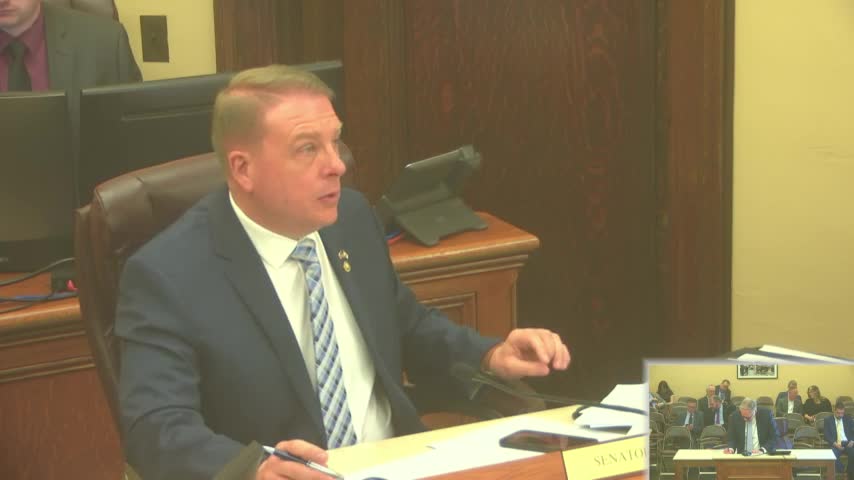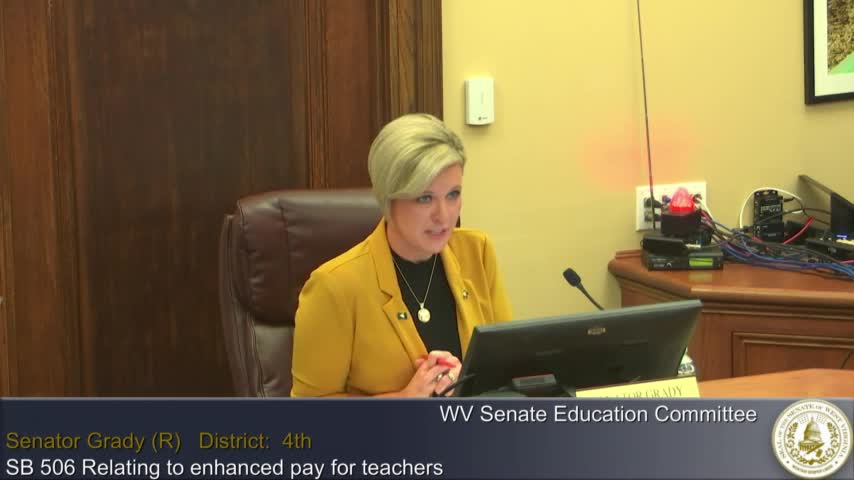Article not found
This article is no longer available. But don't worry—we've gathered other articles that discuss the same topic.

Committee discusses farm-equipment right-to-repair pilot for career-technical centers, lays measure over for further work

Committee narrows scope, adopts amendments to bill toughening penalties for assaults on athletic officials and refers it to judiciary

